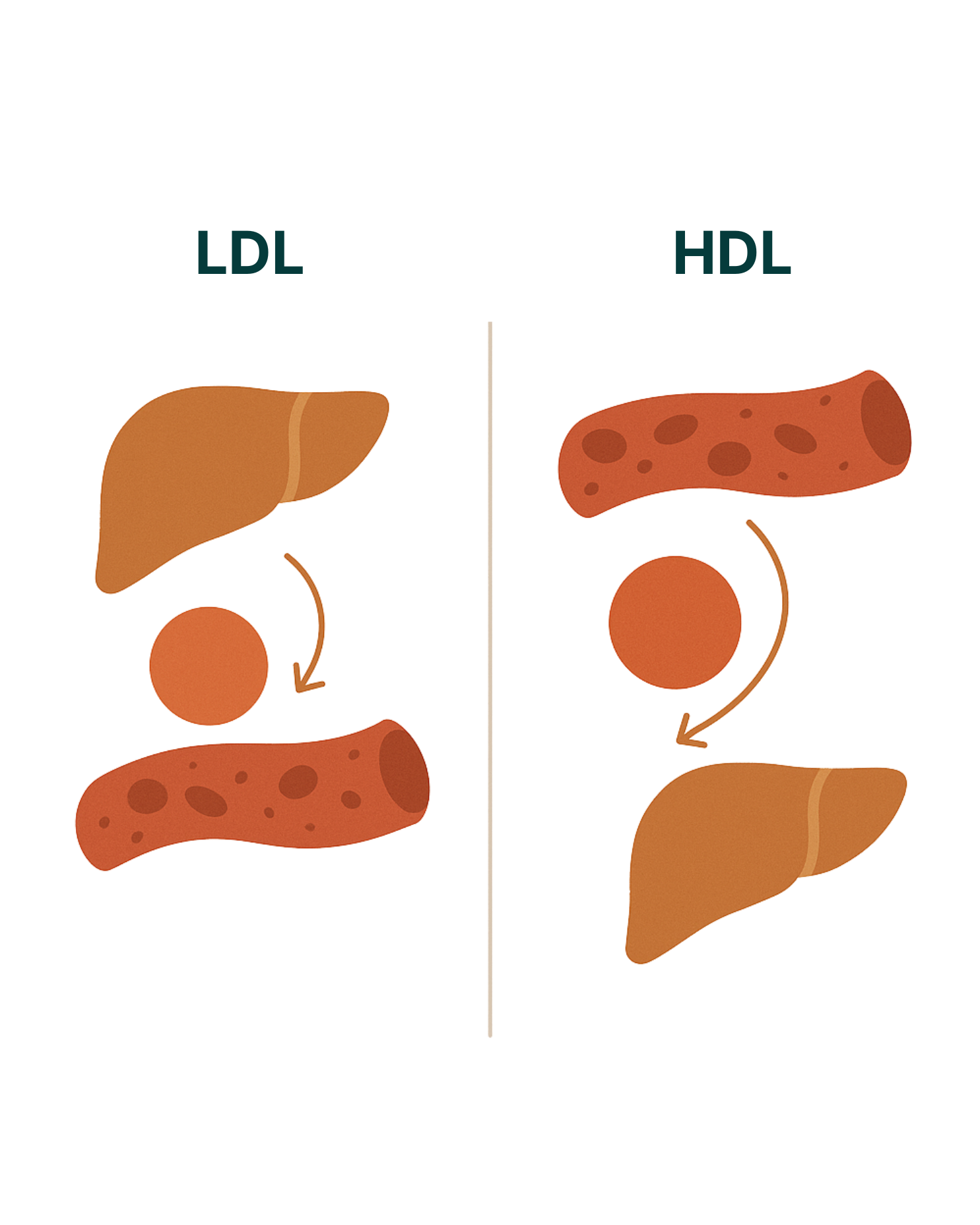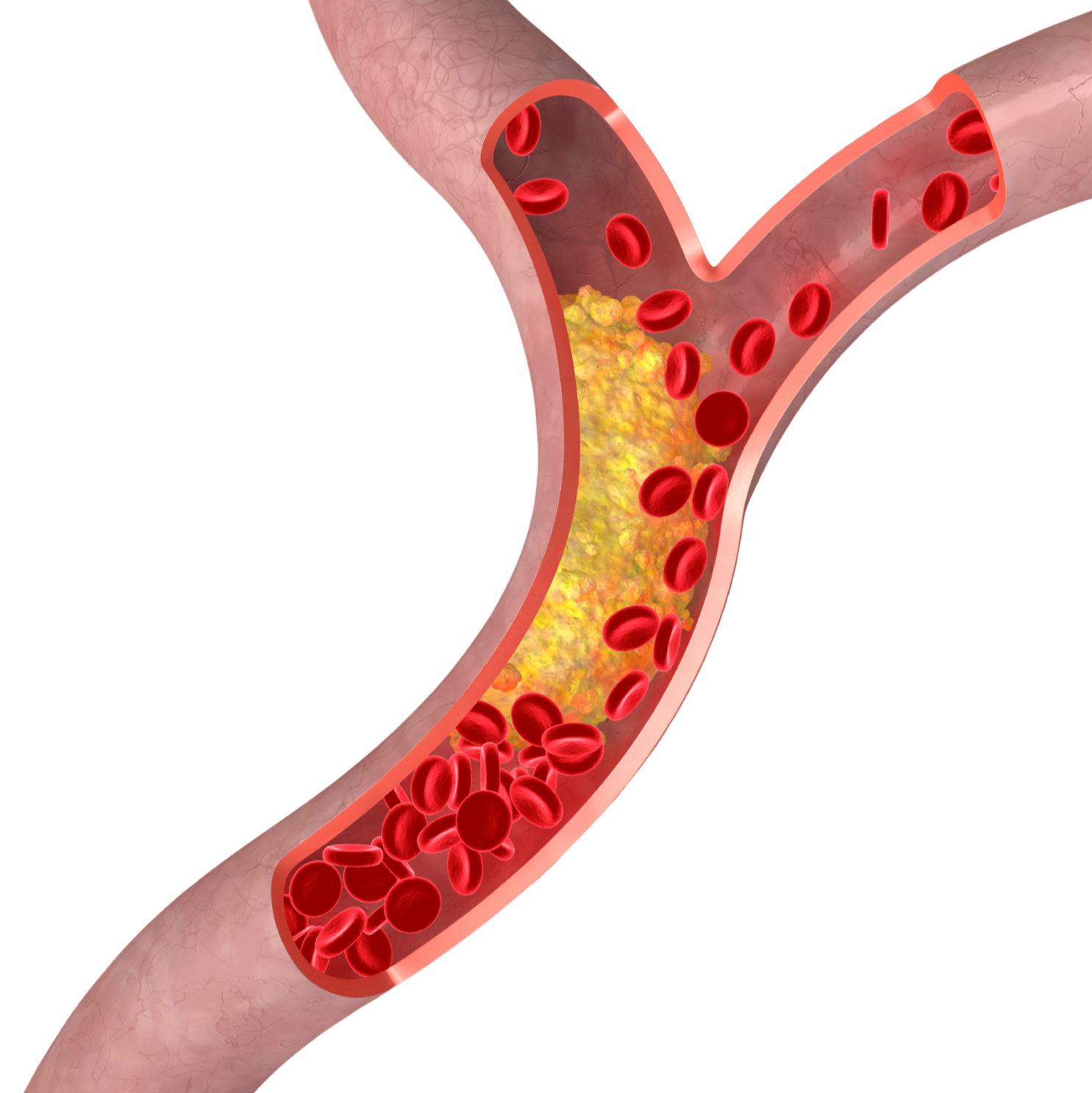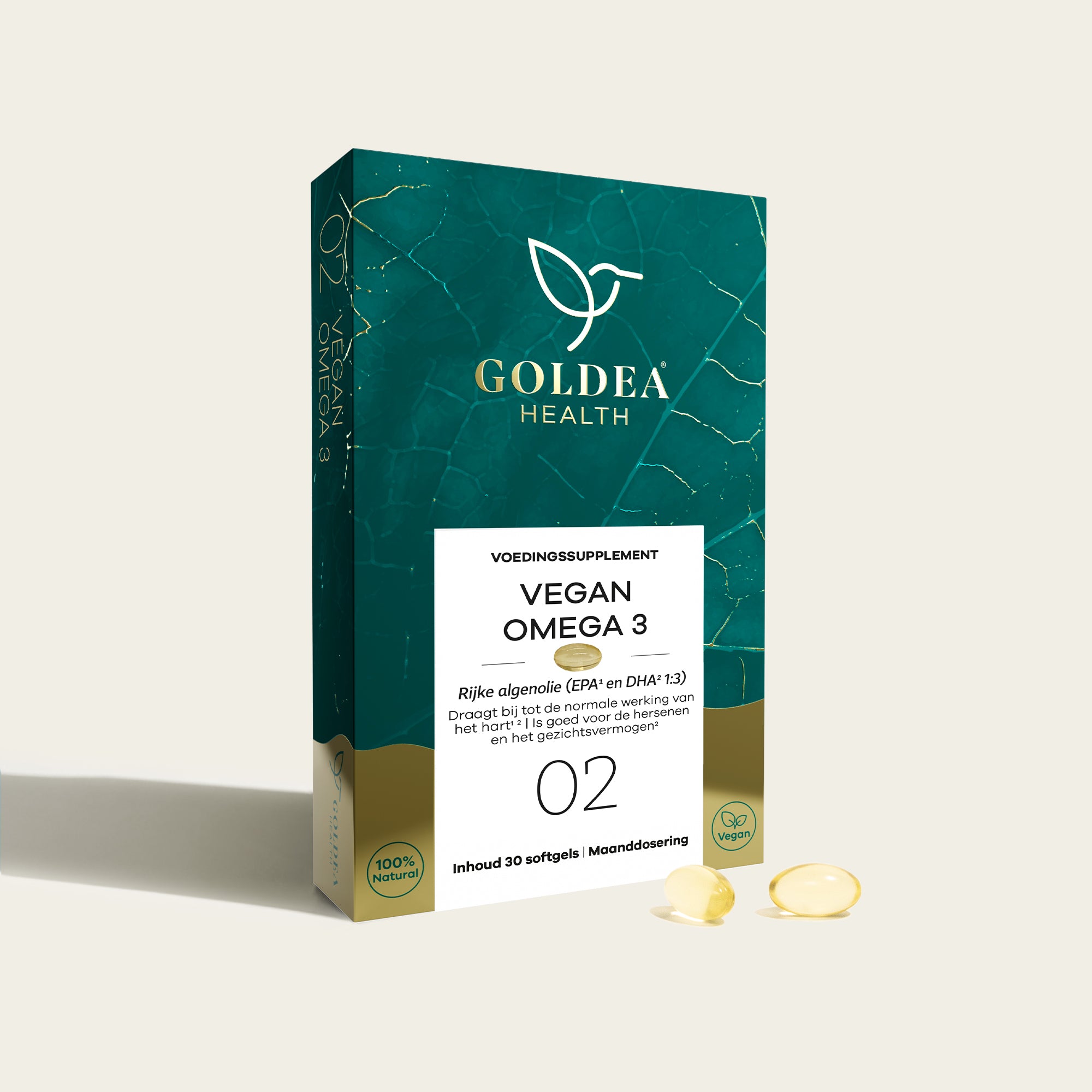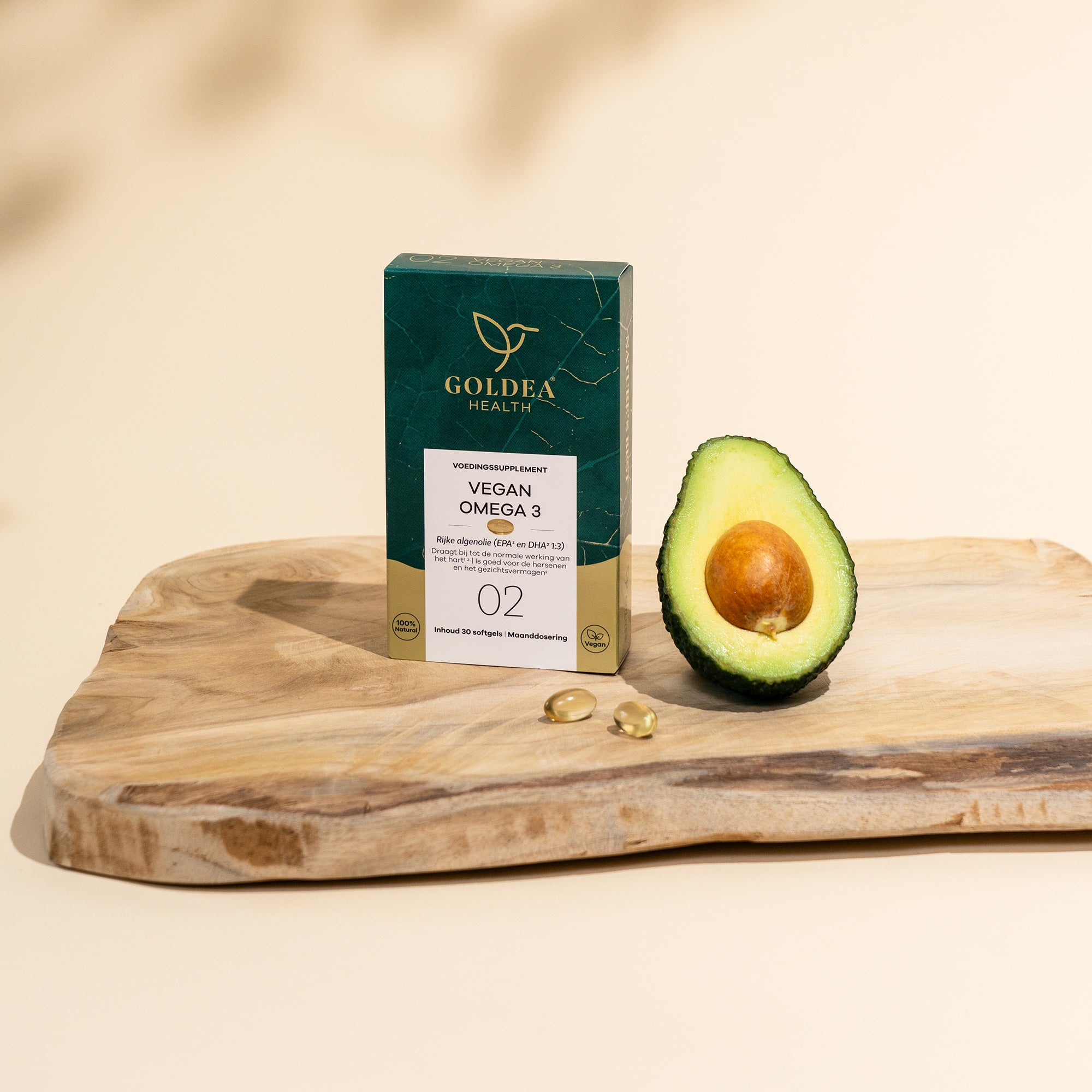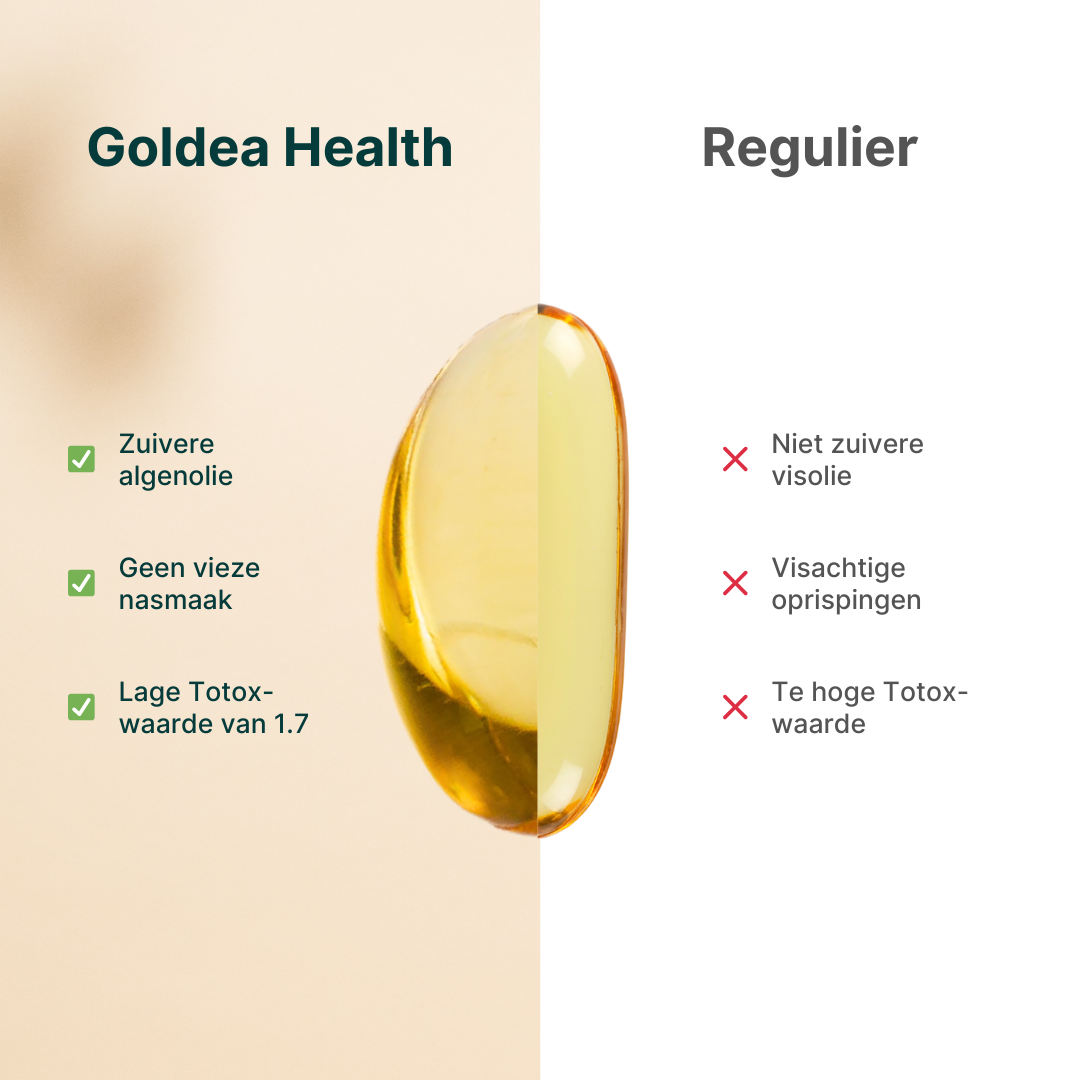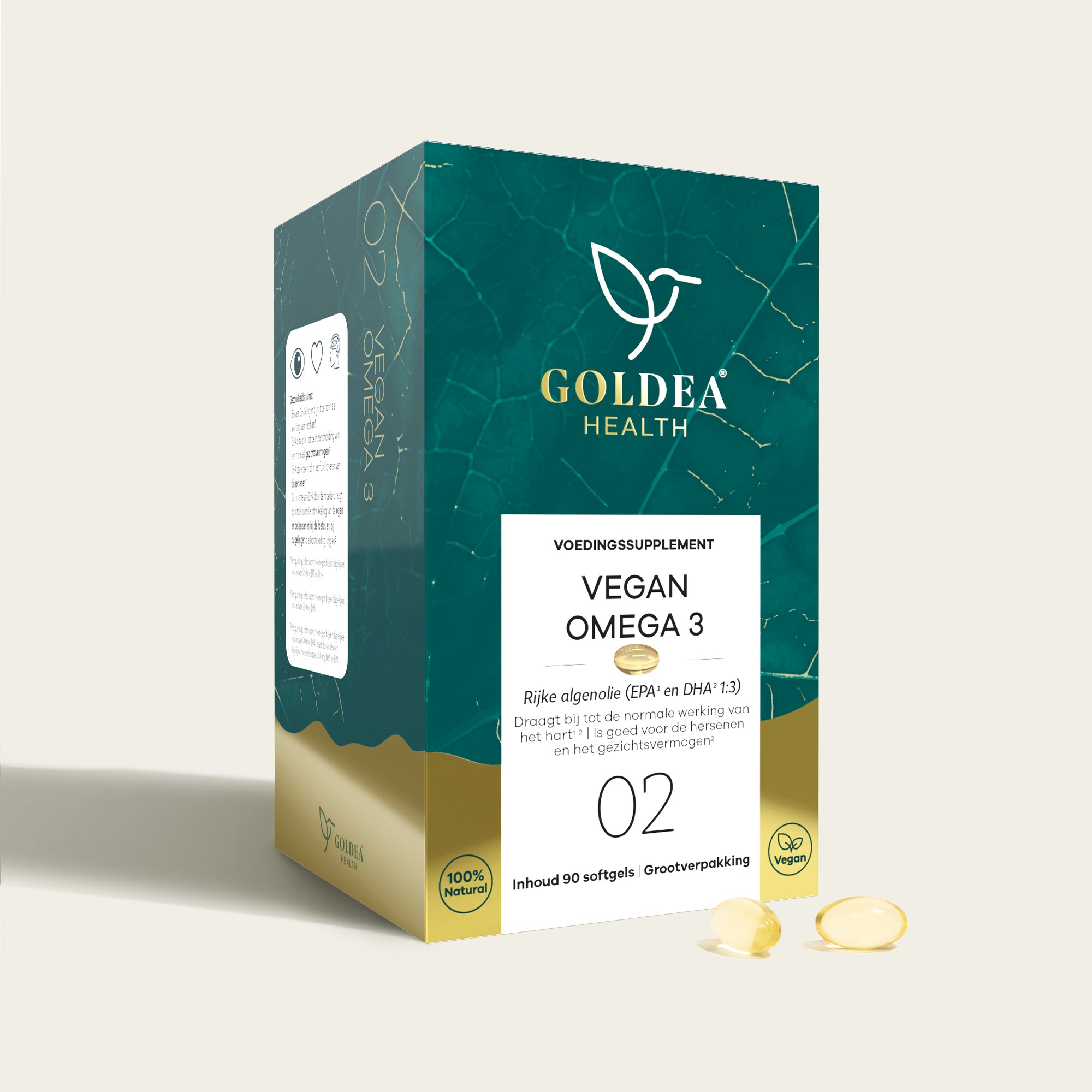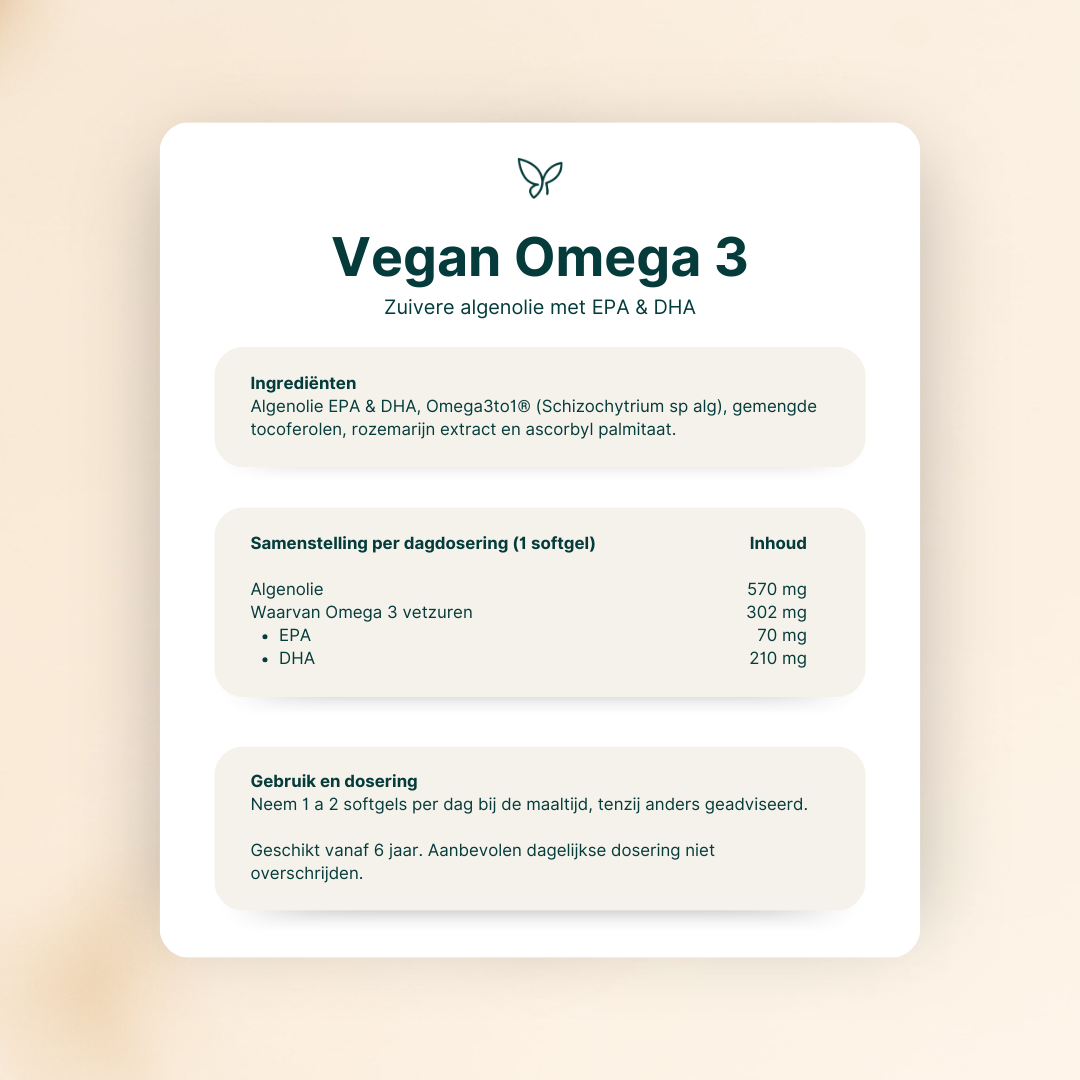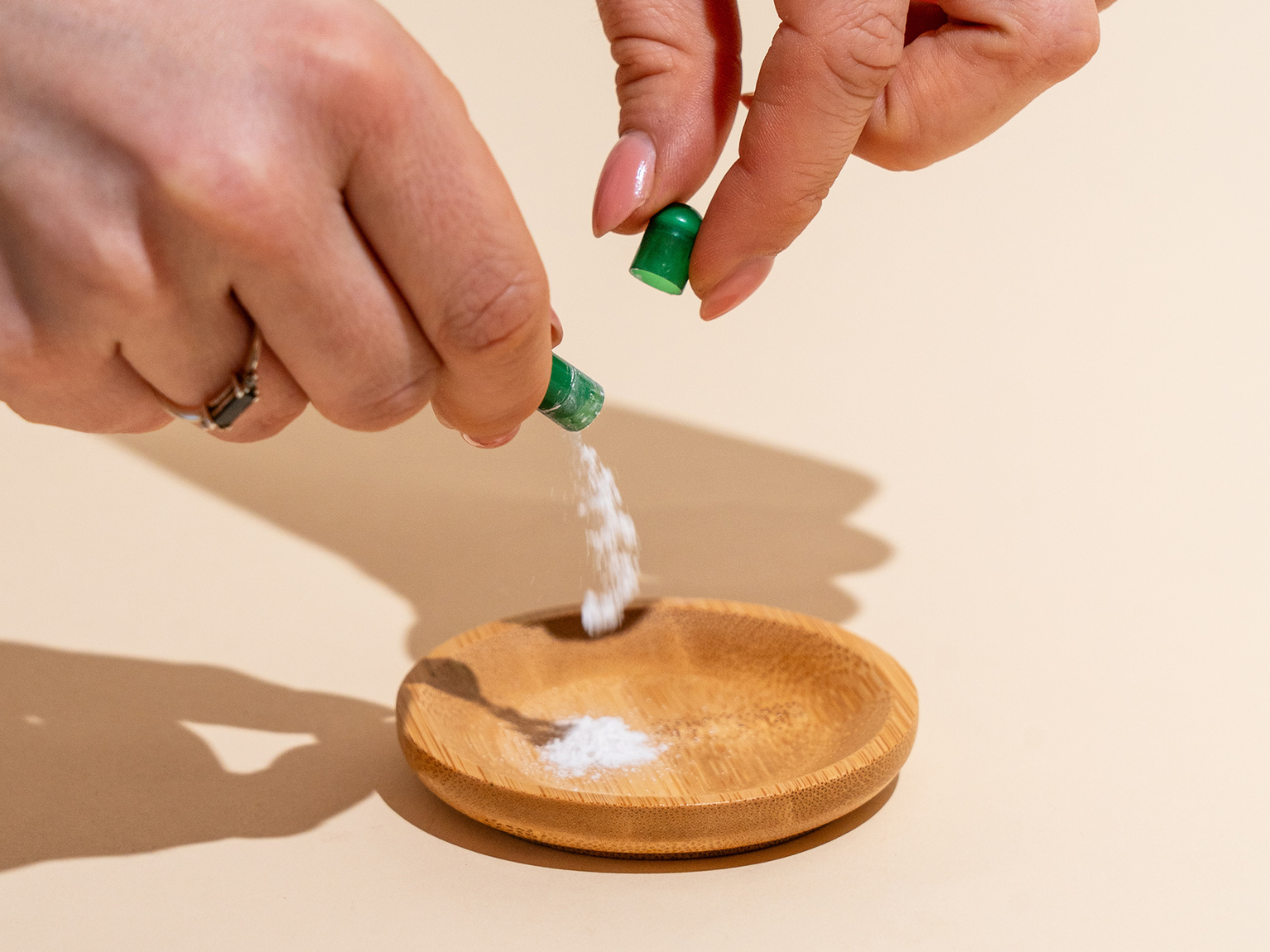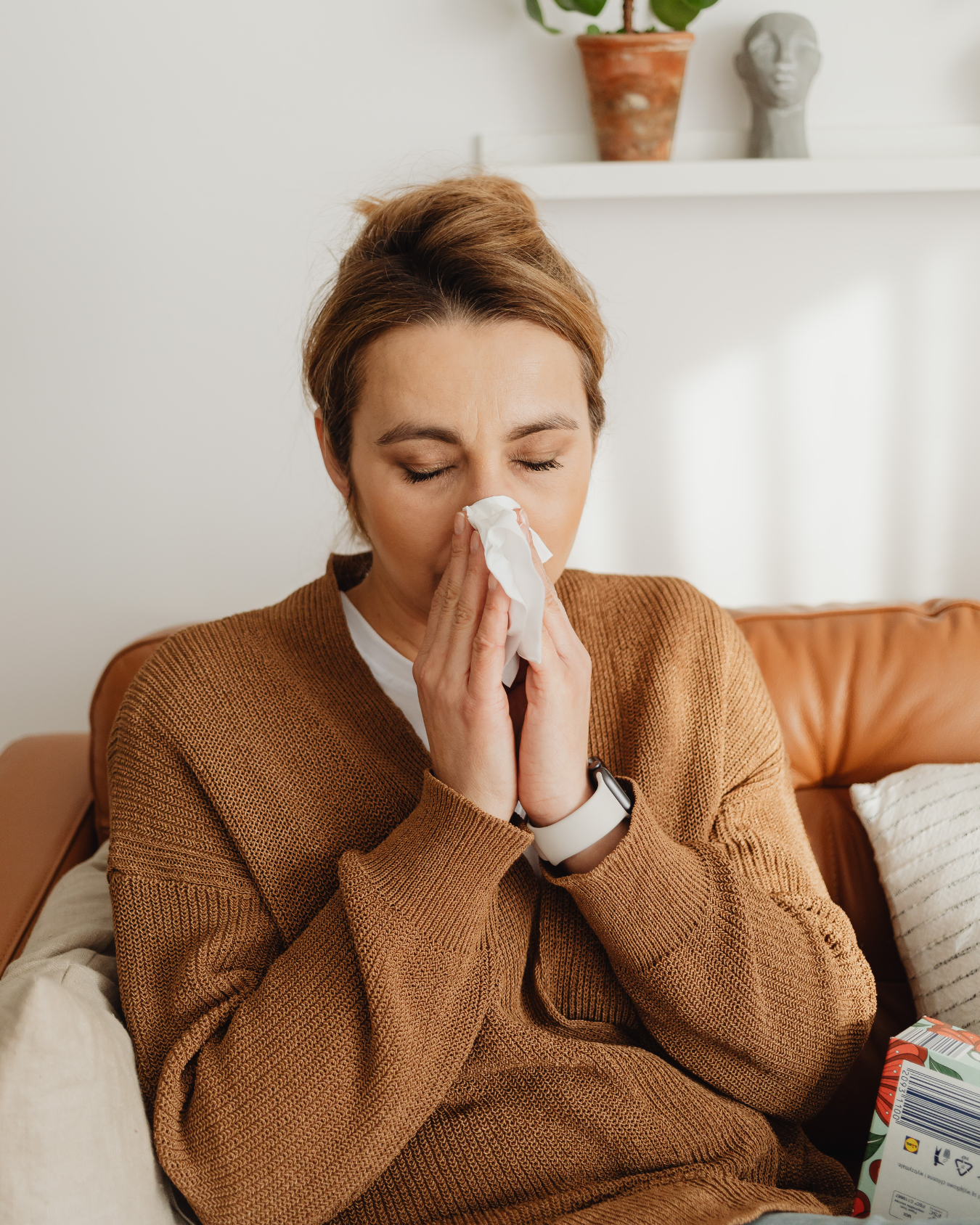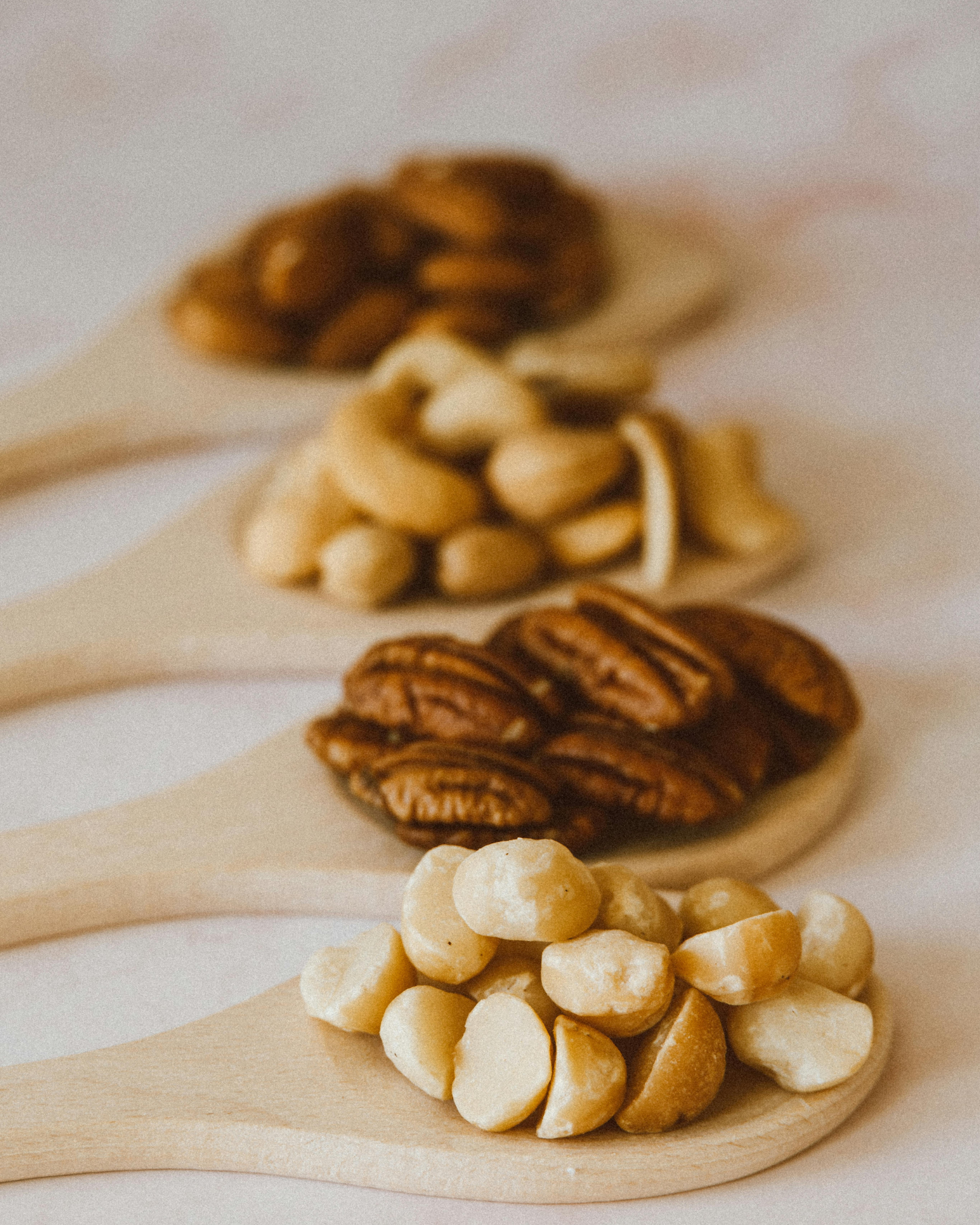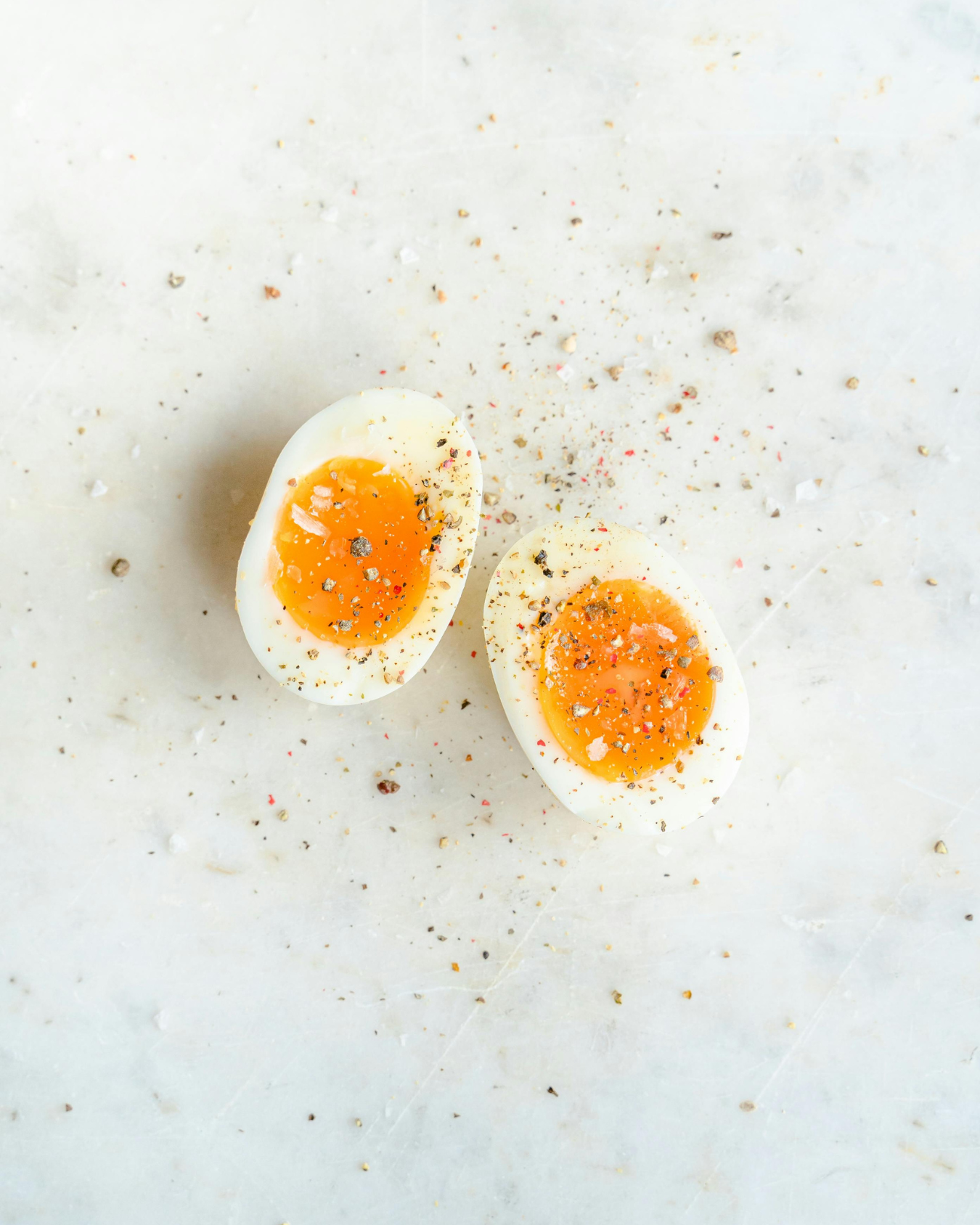I hear it so often around me: "My cholesterol is too high!" or "I need to take statins." And I notice that there is often a heavy feeling surrounding it, because the risks we know about high cholesterol are of course undesirable: It increases your risk of cardiovascular disease.
But it's not really that black and white. That's why I wanted to write a clear blog post about it and give you more clarity. Because yes, cholesterol can definitely cause problems. But it's also SUPER important for your body. The question is more why your body produces more cholesterol at that particular time. Let me explain how it works.


